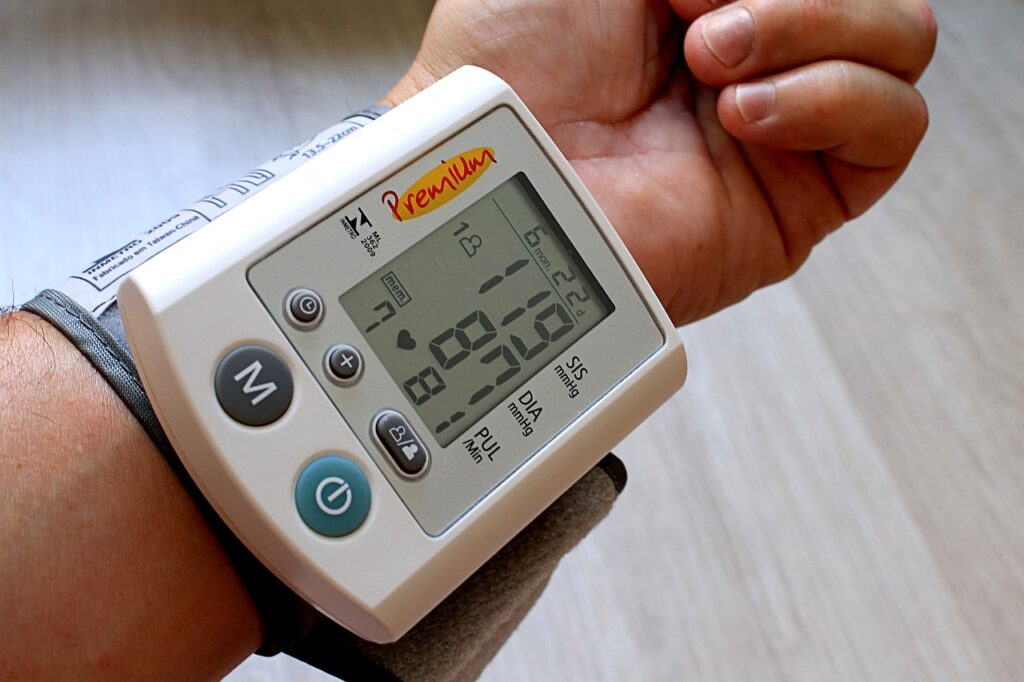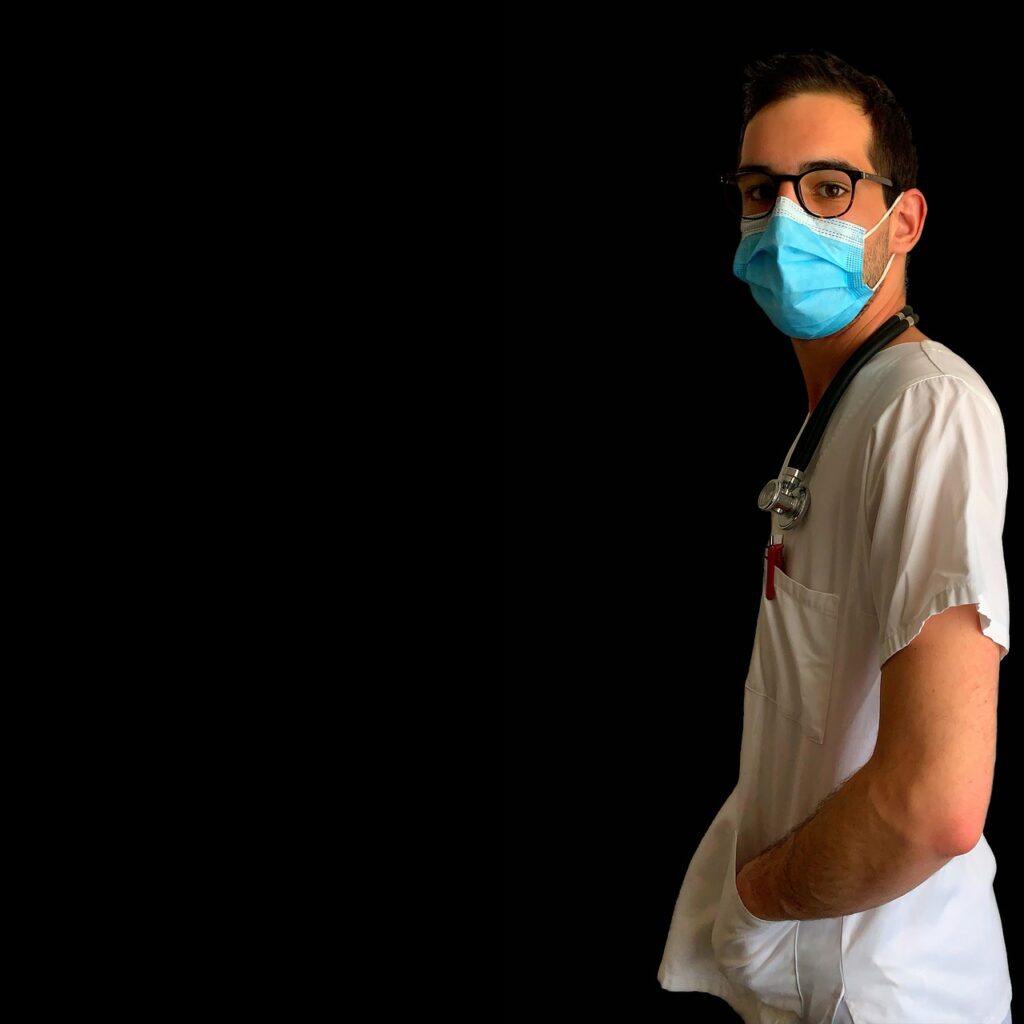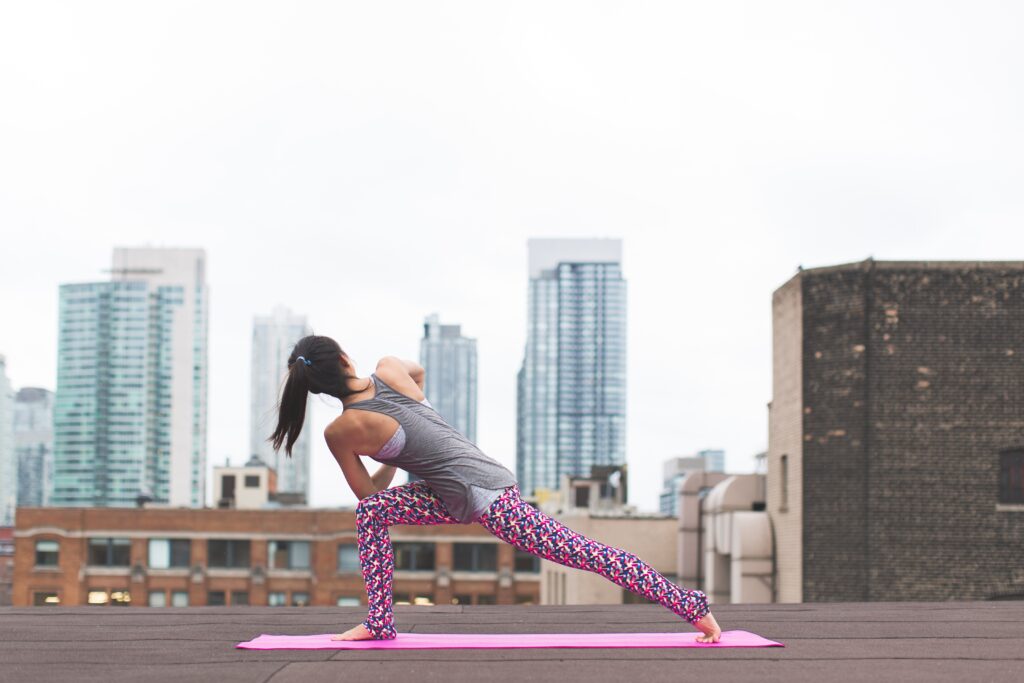In today’s fast-paced world, striking a balance between work responsibilities and personal health can be a challenge, especially for busy professionals.
Long hours, tight deadlines, and the pressure to perform can take a toll on both physical and mental wellbeing.
As a private GP with over 20 years of experience, I’ve seen firsthand the impact of work stress on health and I’m here to offer guidance on managing this delicate balance.
Understand the Impact of Stress
Stress, a common by product of a hectic work life, is not just a mental health issue – it has physical manifestations too. Chronic stress can lead to a range of health problems, from hypertension to weakened immune responses. Recognising the signs of stress, which can include irritability, fatigue, and difficulty concentrating, is the first step in managing it.
Prioritise Your Health
Your health should be at the top of your priority list. This means scheduling regular health check-ups, just like you would an important business meeting.
Regular consultations with your GP can help identify and mitigate health issues before they escalate.
Remember, prevention is always better than cure.
Effective Time Management
One of the keys to balancing work and wellness is effective time management. Allocate specific times for work and rest, and stick to them as much as possible. This structure can help reduce the feeling of being constantly overwhelmed and allows time for self-care.
Exercise and Nutrition
Physical activity is a proven stress reliever. Aim for at least 150 minutes of moderate aerobic activity (e.g. brisk walking) or 75 minutes of vigorous activity a week (e.g. cross trainer), along with strength training exercises (e.g. press-ups, pull-ups, weighted squats etc.).
Also, never underestimate the power of a balanced diet. Nutritious meals fuel your body and mind, enhancing your ability to handle work stress. Try to get a mix of lean protein (chicken, low fat mince or beef), along with healthy fats such as those found in avocados, oily fish and nuts, and some carbohydrates – complex grains, brown rice, fruit and veg.
Mental Health Matters
Mental wellbeing is just as important as physical health. Practices like mindfulness, meditation, and yoga can be incredibly beneficial. If you’re struggling, don’t hesitate to reach out for professional support. Mental health should never be a secondary concern.
The Role of Sleep
Never compromise on sleep. A good night’s sleep improves concentration, productivity, and the ability to handle stress. Aim for 7-9 hours of quality sleep each night. In fact sleep is the cornerstone of wellbeing.
Work-Life Balance
Finally, ensure you have a healthy work-life balance. This means setting boundaries, such as not checking emails after work hours and making time for hobbies and family.
Remember, your job is a part of your life, not the entirety of it.
As a busy professional and family man myself, I understand the challenges faced by such individuals in maintaining their health alongside demanding careers.
By following these tips and making your health a priority, you can achieve a better balance between your professional obligations and personal wellbeing.
In conclusion, taking care of yourself is not a luxury, but a necessity for a fulfilling and productive life.










